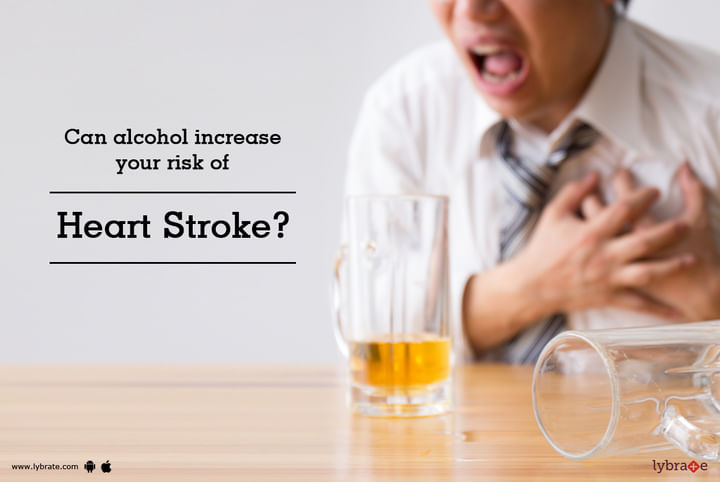Can Alcohol Increase Your Risk Of Heart Stroke?
While studies have shown low to moderate alcohol consumption may have some beneficial effects on the circulatory system and heart, new research suggests that too much of it can put you at risk of certain types of stroke, particularly haemorrhagic and ischemic.
- Ischemic stroke is the most common type of stroke, caused by blood clots that block the flow of oxygen and blood from reaching the brain.
- Haemorrhagic stroke, on the other hand, occurs due to the leakage of weakened blood vessels or an aneurysm burst. This results in internal bleeding, which in turn, leads to an intra-cerebral haemorrhage. In rare cases, it may cause bleeding between the brain and the tissues covering it – a condition known as subarachnoid haemorrhage.
Moreover, drinking alcohol in large amounts can trigger atrial fibrillation – a form of irregular heartbeat. The condition causes blood clots to form in the heart and increases your odds of getting a stroke.
How often can alcohol be consumed?
Alcohol content varies with the size and type of drink you are having. A standard drink contains approximately 14 gms of pure alcohol, which is equivalent to any of the following –
- 5 ounces of wine
- 12 ounces of beer
You may be able to prevent the risk of stroke by sticking to a few simple rules – limit the total amount of alcohol you drink on any occasion to 1-2 glasses. Even if you are a moderate drinker, be sure not to drink alcohol more than 2-3 days a week.
A stroke can be fatal if proper measures are not taken to improve the overall health of your heart. Quantity is the key when it comes to good heart health and alcohol. The best idea is to avoid alcohol and enjoy good health.


+1.svg)
